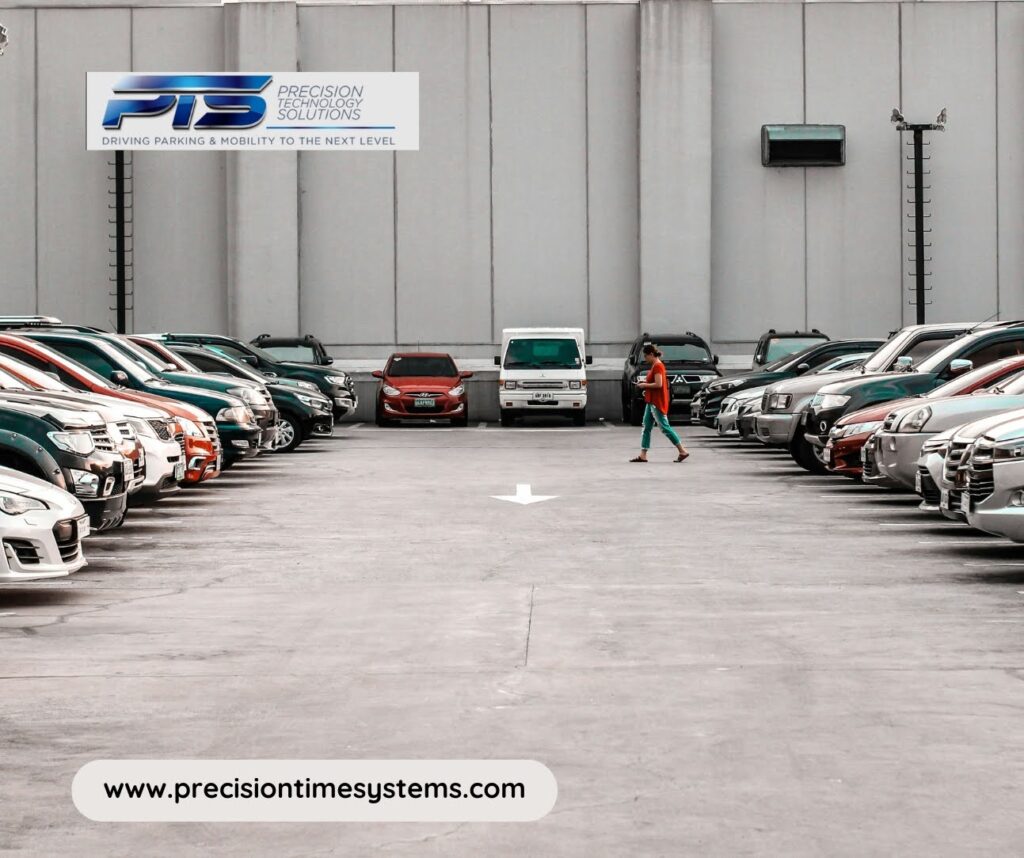
Urban traffic management is a complex issue that cities around the world grapple with daily. One of the key components that can significantly improve urban traffic management is an efficient metro parking system. This article will explore how metro parking systems work, their ownership, and how they contribute to improved urban traffic management.
Who is the Owner of Metro Parking?
Ownership of metro parking varies depending on the city and country. In some cases, metro parking is owned by the city’s transportation authority. For instance, in Houston, Texas, the METRO has a nine-member board of directors appointed by the City of Houston, Harris County, or the Multi-Cities. In other cases, private companies own and operate metro parking. For example, Group 10 Management owns and operates three of Detroit Metro Airport’s primary off-site parking services.
How Does a Parking Lot System Work?
A parking lot system is a combination of various technologies and strategies designed to manage and monitor parking spaces efficiently. When a vehicle enters the parking lot, sensors detect it and send data to a central control unit, which then updates its information about the occupancy status of the lot. The sensors constantly monitor the occupancy of parking spaces and update the central control unit with its findings.
Parking management companies use strategies like dynamic pricing, permit parking, and time-limited parking to attain efficiency. These strategies are supported by cutting-edge parking management software, which allows parking managers to monitor and control their facilities remotely, providing real-time data analysis and mobile validation.
What is a Parking Management System?
A parking management system refers to the innovative technologies providing solutions in the parking industry. It’s a system that helps people, companies, and organizations to manage their parking spaces. A parking management system is a hardware and software solution, aimed at simplifying the management of parking assets. It enables parking operators to enforce parking rules, optimize space utilization, and monitor parking spaces in real-time, ultimately contributing to a more efficient and effective parking management process.
How Do Metro Parking Systems Improve Urban Traffic Management?

Metro parking systems play a crucial role in improving urban traffic management. By providing real-time monitoring and analysis, automating parking enforcement, offering dynamic parking guidance, detecting traffic incidents, and enabling data-driven decision making, these systems help cities optimize traffic management strategies and create more efficient, safer, and sustainable transportation networks.
Reducing Traffic Congestion
One of the most significant ways metro parking systems improve urban traffic management is by reducing traffic congestion. With real-time information on available parking spots, drivers can directly navigate to open spaces, significantly reducing the time spent circling city blocks. This not only saves time for the drivers but also reduces traffic congestion, leading to smoother traffic flow in the city.
Environmental Benefits
Less time spent searching for parking means reduced vehicle emissions, contributing to cleaner air and a healthier city environment. By reducing the need for vehicles to circle around in search of parking, metro parking systems can significantly reduce the carbon footprint of urban transportation.
Enhancing User Experience
Metro parking systems enhance the user experience by making the parking process more efficient and hassle-free. Mobile apps provide easy access to parking locations, availability, and payments, making the entire process hassle-free. This not only improves the user experience but also encourages more people to use metro parking facilities, further reducing street-side parking and traffic congestion.
Economic Growth
Efficient parking systems make cities more accessible, encouraging visitors and supporting local businesses. By making it easier for people to visit and park in the city, metro parking systems can stimulate economic growth and development.
Conclusion
In conclusion, metro parking systems, supported by parking enforcement companies, are pivotal in enhancing urban traffic management. They alleviate traffic congestion, promote environmental sustainability, and boost economic growth by making cities more accessible. The integration of technology in these systems has revolutionized the parking experience, making it more efficient and user-friendly. As urbanization continues to rise, the role of metro parking systems and parking enforcement companies in shaping sustainable and efficient cities will become increasingly significant.